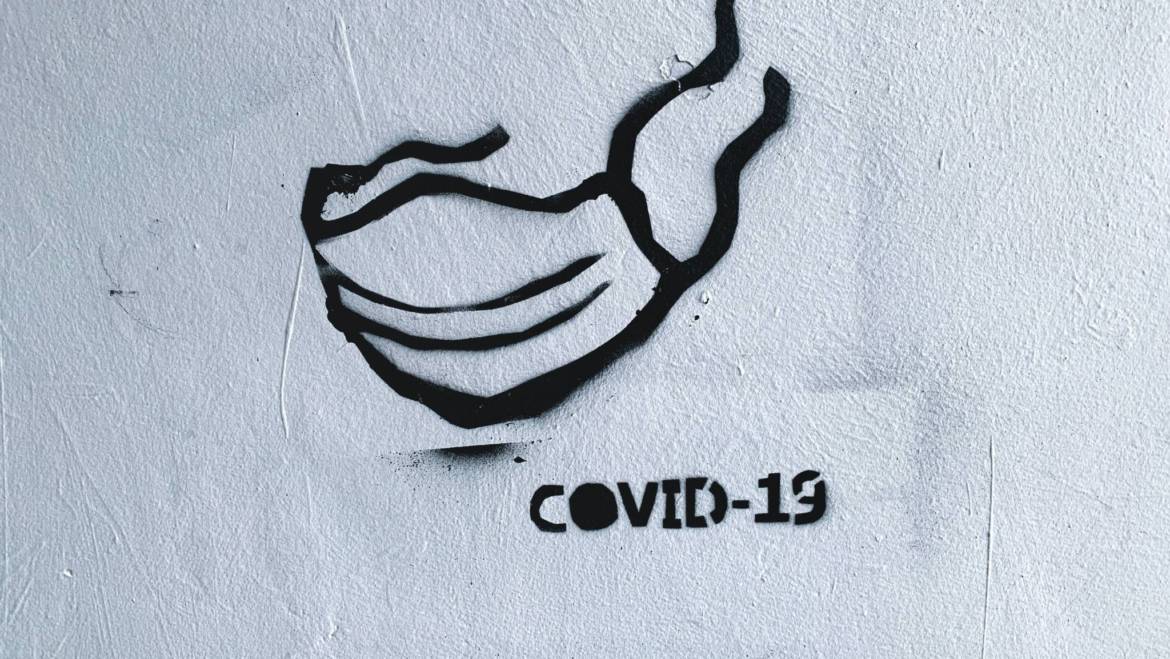Unfortunately, it looks like we’re going to be dealing with the Coronavirus for quite a while, so it might be a good time to consider a few things that are settling out.
Let’s start with one of the early “alarms,” and that has to do with infections being more likely and even worse if an individual happened to be taking a particular class of blood pressure medications. This is a great example of the media grabbing a possibility and making it a reality—causing a lot of anxiety while doing so. The class of medications in question are the ACE inhibitors and the closely related ARBS. You might recognize the drugs in these groups: lisinopril, Accupril, losartan, Benicar, among others. We knew early in the pandemic that the virus gains entry into the body by binding to one of the sites that these drugs happen to act on, and there was speculation that if someone was taking these medications, the virus would have an easier time infecting them. Widespread concern ensued, and many people were asking their healthcare providers if it was safe to continue their blood pressure medicine. Keep in mind that these drugs are very effective in the treatment of high blood pressure and heart failure—a couple of the “co-morbidities” that when present, put us at high risk. A widespread stoppage of these medicines could be catastrophic. Fortunately, we continue to learn much about this virus, and a recent study published in the New England Journal of Medicine presented some clarity regarding this issue. In a large group of people (almost 9,000 individuals), there was no increased risk of in-hospital mortality associated with the use of ACE inhibitors or ARBS. In fact, there might have been a slight protective effect. As expected, the authors noted that older age and the presence of heart disease were each associated with a greater chance of dying with this infection. So yes, keep taking your blood pressure medicine.
Now let’s consider a drug we’ve been hearing a lot of recently—remdesivir. It’s no wonder that we’re very interested in the development of a medication that will effectively treat Covid-19. To date, there have been more than 9 million confirmed cases worldwide, with more than 500,000 deaths. We are all looking for some relief. Having an effective pill to take would be a game-changer, and there has been some hope that remdesivir just might be that silver bullet. It’s an inhibitor of an enzyme that controls viral RNA, so theoretically it might work. Unfortunately, the results of studies that have looked at its effectiveness have been mixed. There might be some limited positive benefits, but the drug has not been shown to be curative of a Covid infection or preventive. We’ll just have to be patient and continue to hope that there’s something out there that will work. And regarding a potential vaccine, I’m not sure we’re very close to that either. We are learning that this virus is a slippery critter and finding something that will induce a significant antibody response is proving elusive. Still there’s hope.
And finally, who would’a thunk that the entire world would be so engrossed with the wearing of face masks? The conventional wisdom here has shifted over the past few months and may very well shift again. As of today, the wearing of face masks is considered effective in limiting the spread of this infection and is encouraged by most health authorities. In fact, it’s become a required facial fixture in many cities and states. A hassle, to be sure, but something that does make sense. And as with any significant health panic (or any panic for that matter), cottage industries are rapidly sprouting up, providing us with a multitude of designer masks. (Many of us are creatively making our own.) But what do we really know here? If we can assume that face masks limit the spread of the coronavirus, what type of mask works best? Or does it matter? Well, it seems it does, and the hard facts might be disappointing. A study published in the British Medical Journal compared the effectiveness of cloth masks and standard “procedural” masks. The authors of the report recruited over 1,600 healthcare workers (those in emergency departments, ICU’s, and infectious disease units), and studied them over a four-week period. They compared the rates of infection (laboratory-confirmed) in the two groups and found that those wearing cloth masks had a much higher risk of infection (more than 13 times!) than those wearing procedural masks. They also studied the penetration of particles through various masks and found those made of cloth to have a much higher rate of penetration (97%) than regular medical masks (44%), while the N95 mask limited penetration almost completely (less than 0.01%).
So what do we make of this? The authors suggested that the wearers of cloth masks are probably re-adjusting their masks more often during the day, spreading potential contaminates from hands and fingers. Another possibility might be that the cloth mask becomes warm and moist after a short period of time, allowing prolonged survival of the virus. Their recommendation? Wearing a mask makes sense if you’re out in public, and while cloth masks seem to be inferior to the procedural varieties, they are probably better than wearing no mask at all.
As an aside, these authors point out that an increased frequency of hand washing was found to be significantly effective in limiting the chance of becoming infected by Covid 19. Simple, and something we all can do.


Add Comment